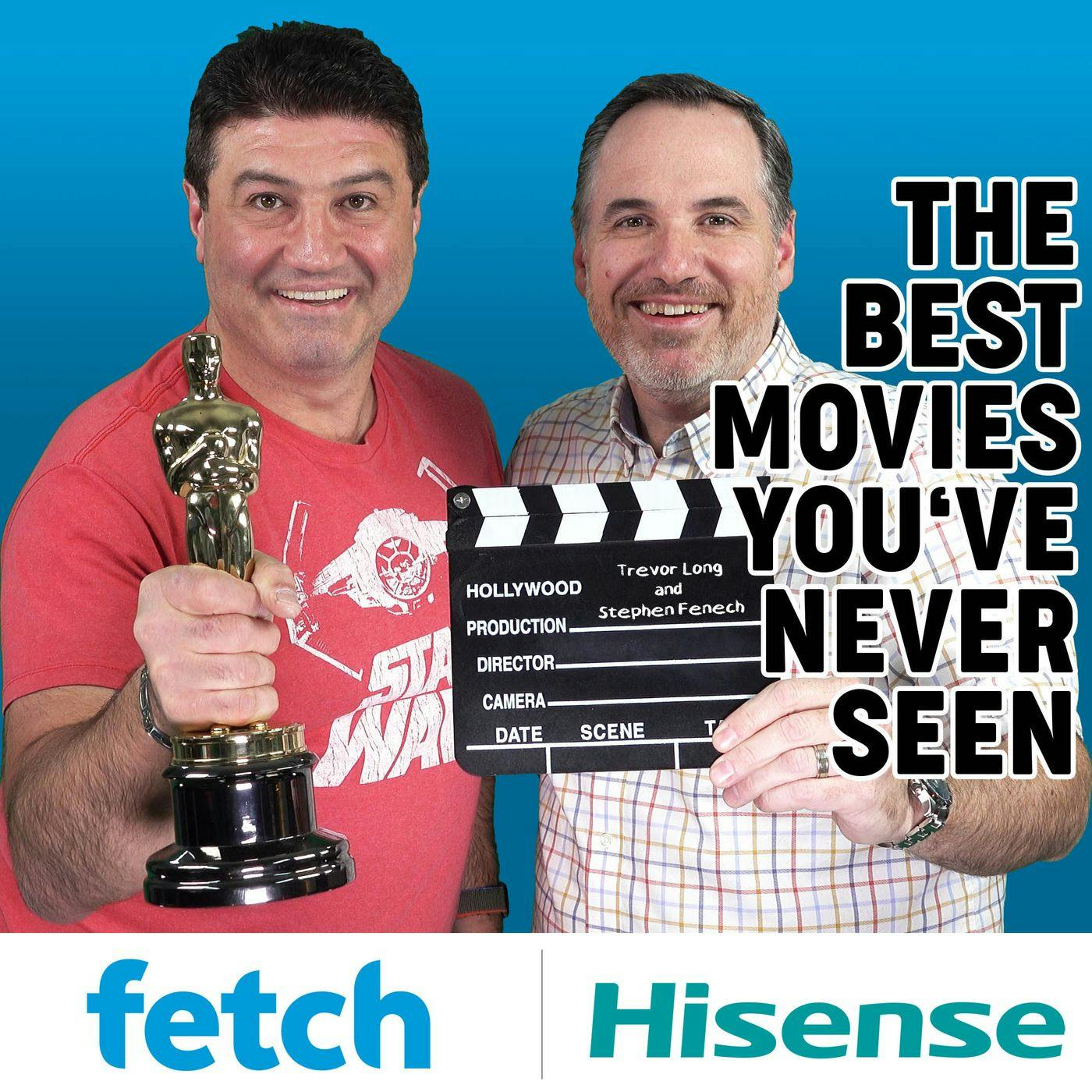.png)
The Late Bloomer Actor
Welcome to "The Late Bloomer Actor", a monthly podcast series hosted by Australian actor David John Clark.
Join David as he engages in discussions with those that have helped him on his journey as a late bloomer actor, where he shares personal stories, insights, and wisdom gained from his unique path as a late bloomer actor and the lessons he has learned, and continued to learn, from the many sources available in the acting world.
Each episode features conversations with actors and industry insiders that have crossed paths with David who generously offer their own experiences and lessons learned.
Discover practical advice, inspiration, and invaluable insights into the acting industry as David and his guests delve into a wide range of topics. From auditioning tips to navigating the complexities of the industry, honing acting skills, and cultivating mental resilience, every episode is packed with actionable takeaways to empower you on your own acting journey.
Whether you're a seasoned actor, an aspiring performer, or simply curious about the world of acting, "The Late Bloomer Actor" is here to support your growth and development. Tune in to gain clarity, confidence, and motivation as you pursue your dreams in the world of acting. Join us and let's embark on this transformative journey together!
The Late Bloomer Actor
Off Script: Resilience and Auditioning
Use Left/Right to seek, Home/End to jump to start or end. Hold shift to jump forward or backward.
Text The Late Bloomer Actor a Question or Comment.
As the curtains rise on another episode, I invite you into the heart of an actor's journey, sharing not just the applause but the echo of empty seats from auditions past. It's a path paved with the grit of indie roles, where even the whims of the weather can play a role in the drama of disrupted filming schedules. Through the lens of personal stories, I bare the soul of my craft, discussing the delicate balance needed to navigate the industry's ups and downs. And with a spotlight on my son Connor's budding career, I contrast the fresh-faced enthusiasm of a rising star with the wisdom gained as a late bloomer in this unpredictable world of acting.
Shifting scenes, we peer behind the curtain to reveal the new realities of self-taped auditions and the arsenal of equipment now essential to make a mark in the post-COVID industry. I unwrap the layers of networking, emphasizing its power to open doors and the rigorous preparation that auditions demand – a process that requires an actor to dissect scripts and embody characters, transcending the act of performing into art. Amidst the festive air, I send holiday cheer your way and tease a conversation with industry stalwart John Orsic, an episode that promises to be as enlightening as it is inspiring. As our tale unfolds, I encourage you to participate in the narrative, suggesting topics that resonate with your own experiences in the vast world of creativity and performance.
Please consider supporting the show by becoming a paid subscriber (you can cancel at any time) by clicking the 'Support' button in your player and you will have the opportunity to be a part of the live recordings prior to release.
And please Rate the show on IMDB.
This episode was recorded on RiversideFM - click the link to join and record.
And I listen to my favourite podcasts on TrueFans. TrueFans is a podcasting marketplace where listeners discover the podcasts they love but only pay the price they want for the value they receive. Download in your Apple or Google playstores.
Check out The Secret Actor Society a community and educational platform to help propel your career forward. Use this link for 40% off your first two payments (after two free trial months.)
I am a huge advocate for and user of WeAudition - an online community for self-taping and auditions. Use the PROMO code: LATEBLOOMER for 25% of your membership.
Hi everyone. The following Offscript episode was initially recorded with the intention of it being a separate podcast to the Late Bloomer Actor podcast. However, in hindsight I believe it better accompanies the messaging of my show by being part of the primary podcast and, as such, I'm now including my Offscript episodes within the Late Bloomer Actor show. So please excuse any referencing in this recording of it being a separate podcast and I hope you enjoy the Offscript format which will, I believe, enhance and contribute to the monthly primary episodes. Cheers and I'll see you on set. Welcome everybody. Welcome to Episode 3 of the Leigh Plumer Actor Podcast Offscript.
David John Clark:We're going completely solo today. We're going completely solo today and I guess I just wanted to have a quick chat about some stuff that's coming up and give you a bit of a heads up to where we're going to take this podcast going into 2024. Can you believe that 2024 is approaching fast, guys? About a week out before a nice big family holiday heading out to the United States of America, going through New York and Boston and then up through Kentucky, las Vegas, san Francisco and then finally in Los Angeles. So certainly, looking forward to that, it's going to be a very good holiday. My youngest has just finished year 12, so we've decided to very good holiday. My youngest has just finished year 12, so we've decided to Nice big family holiday before they all cut loose, so to speak. But with the way the world is now, I think they'll be living at home for a bit longer, which is fine by my wife. She loves that, so it's all good. So what I wanted to talk about today is your acting journey and all the difficulties that we can experience from this journey that we're all on, regardless of what stage you're at or what stage you start at. My son, connor, has just finished auditioning for the Flinders Drama University course, so he's right at the very start of his career and doing it completely different to the late bloomer experience, obviously. So that'll be very interesting to watch how his journey goes. At this stage we don't know whether he got in, but for all accounts it sounds like he's done really, really well. So we'll find out very soon how he goes there. But that sort of leads into.
David John Clark:What I wanted to talk about today is especially in relation to auditions and and the what's the right word for it the. You know, the fickleness of it is that I don't know if that's the right word, but of how hard it can be to get through the audition and land the role, so to speak, because there is so much riding on it, there's so much involved in choosing the right cast and you have no idea what's going on in the background, no idea whatsoever what they're looking for and and and what they're um assessing you on now, just because you don't get through, I mean most people um with their auditions, don't land the role. And you know, in america the actors can be doing, you know, 20 auditions a week during the busy season and and maybe um land one role a month out of that. So here in Australia, or me personally anyway, I'll be lucky if I get a couple of auditions a year. So you have to put that into perspective, of course, of the positive rate of getting through an audition, of the positive rate of getting through an audition.
David John Clark:Some of the simple things that I've seen is one of the biggest ones I saw was a young girl had auditioned for a role and she'd had a couple of callbacks and then it turned out at the end that, as much as she did really really well and as much as they loved her, the actress who was playing her mother had, um, a completely different, um, eye color. I think it was that to the point that it just made the, the mix of the mother and daughter role, just not suitable for whatever the production was. So, um, they had to go with another actress. So there's nothing you could do about that. Uh, you know, and I've, I've had things where I've been told because of my height, I'm six foot two and um, and so I've missed out on roles because I'm just too tall. You know, there's nothing I can do, a bit my height. But you know, when I was told, uh, a little bit overweight now I can change that, which I have. Recently I've lost a heap of weight, so we can do those sort of things, but sometimes there's just nothing you can do. Can't change my height? Well, certainly no, you can't. And so it's little things like that that can make it daunting and challenging for your audition process and it makes you question your reason for doing acting at all.
David John Clark:And I call it the ups and downs, the ebbs and flows of the acting journey. You have the high moments and the low moments, and sometimes it feels like there's a lot more low moments than the high moments. But if you look at me. Just in the last week I've actually had two auditions, both which I have been successful for, for indie roles. One I was supposed to be filming right this minute actually, but I don't know if you can hear in the background, but we've had some huge storms here over the last couple of days and where they were supposed to be filming me today has lost power till four o'clock, so that takes care of that. So I was all dressed up with my suit and ready to go and the lines down, ready to go, and the phone call came in and said sorry, we got no power. There's nothing I can do about that, because apparently cameras need electricity there you go breaking news story there for you folks, but um, off track there a little bit, oh yeah, so so it's been an up up week for me.
David John Clark:Two auditions, two successes, um one being slightly delayed by the weather, um one to be filmed next uh year. And I was on set yesterday for another, uh, independent production that I landed quite a while back and finally got to do my scene. Nice, quick and easy scene in the city. But you know, so here I've come off the back of a good week, which made me feel like, hey, this acting stuff is great, I love it, but you can go in the complete opposite and do a bunch of auditions or have some bad experiences that just make you question your ability as an actor.
David John Clark:And this is the thing where you need to pull in and develop your resilience. And this goes for all actors, it actually goes for everybody. In any background, any life choice that you make, you need that resilience to push through the hard times. And life is tough. I don't care what the do-gooders say or whatever. You know, this mentality of everyone needs a ribbon in the race for participation I disagree with, because it doesn't allow you to know that sometimes you lose, sometimes you make mistakes, to know that sometimes you lose, sometimes you make mistakes. And if you don't know how to take that on board, how to learn how to deal with that, then how are you going to get through life? I mean, you can't model, coddle people through any experience, whether that's our children growing up or going to school or new actors. If you model coddle people, then they'll find out the hard way they really do, and that's what we're here to talk about today. So how do you overcome all this sort of stuff.
David John Clark:So it's what you bring to your auditions. You know you've got to draw on your wealth of life experiences that you have. It doesn't matter how old you are whether Connor, who's just turned 18, did have his balloons in the background, but I thought for the YouTube video we'll remove them or myself, who's just turned 50. You bring these life experiences to your auditions and also to the roles that you're being cast in, but not just for the roles, but also how you learn and overcome from these experiences, whether they're positive or negative. You've got to draw on your life and understand that we have these ebbs and flows in life as well, and we have experiences that sometimes are just not so fun, and we learn from them and we grow from them. And that's what you need to do in acting as well.
David John Clark:And that's a big thing that comes out of that is dealing with the rejection, because that's what it feels like. It feels like you've been rejected, um, it's it's a very emotional aspect of the auditioning process, and how you cope with rejection, um, at any time in your career is is something that you need to learn and need to to overcome, because you're going to get more rejection than you're going to get positive outcomes. Unfortunately, it's the nature of it, and heaven forbid if you were looking for a job in any other industry. I mean, some people have been looking for work for a long time and they go from interview to interview, but imagine doing just dozens and dozens of interviews all the time and just being told no, no good, because your hair colour's not right or you're too tall.
David John Clark:So that's one of the things that you really need to do in your acting journey is to learn how to deal with this rejection. It is a terrible word really. I know. I've written it here in my notes to talk about uh, could we come up with a better word for rejection? But, uh, I think the biggest thing that we uh that I I get from casting directors, for example, uh, when I talk to them on the podcast, is if you've made it to the audition. That is big because you've just jumped over so many other people that have been put forward in that first stage, being submitted by their agents or being looked at through their casting network profiles for one role. Casting directors can look at hundreds, sometimes thousands of people and then they cast it down and then they bring in a certain number of people to the room. So to be in the room or it is now after post-covid it's more in your own rooms, providing a self-tape.
David John Clark:But to get to that stage is a big thing. It is really a big thing and that is how you need to start to develop your resilience, because that is a positive, got to look at it as a positive, not a negative, when you don't get an audition. You made it that far. That's, that's pretty good. And even here in Australia, where we don't do as many as American actors might do, having a couple of auditions every year is fantastic. That's really really good. And you need to take that approach and go hey, yeah, and learn from that and take that as a positive. That's a great thing and record it.
David John Clark:Make sure you record this stuff and I want to talk about in the new year, when I'm going to do a lot of the business side of acting, which is where I'm leading to in this quick discussion is what you need to be doing all the time from your IMDb profiles, from your casting network profiles, online Showcast or any other casting profile sites your training, simple things like having a spreadsheet. I have a spreadsheet that I record all my auditions on and the outcomes who was the casting director and who the director was, et cetera, what the outcome was, whether there was a callback. And then that leads into another tab on the spreadsheet that says what I've been cast in and you know what was the project, dates and times, casting director for that as well. So you've got all these records and a lot of people don't do this and it's really good to have. I didn't have it for a while there and I went through and made one up and went back through all my old paperwork and made it work, and now that I've got it going, I can just add to it every time. So these are the little things that you need to be doing on the business side of acting. So in the new year, 2020, I'm going to address each of these as separate topics. So feel free to email me or reach out if you want to be involved or have any specific questions in that sort of area. That will help me tone down or direct the topics to make them more specific for everyone.
David John Clark:But, coming back to what we were talking about to wind up this episode, there's a lot of other things that you need to do. Um, going past the rejection of things you know, adapting to, to trends, for example. Uh, you need to stay current in the industry and adapting to new trends and and one of those biggest ones has been the post-covid era and that being um, self-tapes now, self-tapes Now. Self-tapes were always part of the industry, but they weren't always a requirement and you still had that option to train in the room, but now it's pretty much 100%. So you need to be on top of that and learn well, okay, what do I need to do? What equipment do I have to have? There's lots of discussion of people saying, well, that's just making us do all the work. Well, yes, it is Okay. Unfortunately, that's what it is.
David John Clark:There's pros and cons of it. The casting directors can now reach out and see a lot more people, which means you've got more competition, but it also means that you've got more chance of being seen by the casting director. And even if you don't get to the second stage, the casting director has seen you. And this is the big thing being seen and seeing your acting. Because you never know, you might not get seen for this role you've just submitted before, but the casting director might say, hey, david, john Clark that submitted last month for that role. He'd be perfect for this one, and they call you back in. So that is why you need to be on top of all the trend changes, so to speak.
David John Clark:Networking and relationships Always a tough one. Networking. I've never been a real big fan of it in my actual career because there's pros and cons of it. The old boys club sort of thing is the way I alluded to it, but in the creative field for acting, it's a little bit different. It's about knowing who's who in the zoo and participating in their journeys as well, so that when they need someone that you can fit the bill for, they call on you and vice versa. So that's why we'd like to emphasize the importance of these networking and building relationships with the industry, as they're connections that can play a crucial role in getting auditions and roles for you in the future.
David John Clark:And one of the biggest things here, while we're talking about auditions, is your preparation techniques. It's been said that auditioning and acting are completely different skill sets, and that's why you'll see a lot of training that's available now in audition technique or audition preparation techniques, including things such as script analysis or character research and other strategies that can set actors apart from everyone else that's in the room, because it's such a different process than acting. I mean, you need to be a good actor, of course, but developing a technique for delivering you your audition straight down the camera they're looking straight down the line and just subtle little things that you can learn to make you stand out a little bit more amongst the the hundreds of other submissions are there. So those are things that you can learn to make you stand out a little bit more amongst the hundreds of other submissions are there. So these are things that you need to look at. And just to finish up, as I said, the business side of acting is certainly something that a lot of people aren't aware of, and that's why we're going to talk about it a lot more in the new year. So there we go, to talk about it a lot more in the new year. So there we go. Just a nice quick chat about things that affect us all really. So, as we approach the end of 2023, I'd just like to wish you all a Merry Christmas and wish you all the best for the new year as it comes.
David John Clark:Thank you very much for listening in on my flagship show, the Late Bloomer Actor, which will be back in January 2024 with a wonderful episode with John Orsic, who's the head of TAFTA training in Melbourne, and an industry stalwart going all the way back to the days of the likes of Cop Shop. So that's going to show us late bloomers our ages, that's for sure. It's a very insightful episode. So please look out for that in the new year and I'm going to continue with this show, obviously every week. Now, next Monday might be a very quick episode because I'll be jumping on a plane for New York with the family, as I said at the start of the show, and hopefully, I think the following Monday is Christmas Day and the Monday after that is New Year's Day, of which I'm still in the States. So we might have something special, albeit short, but special for you, and then in the new year we'll come back and get some of the business side of things done for you. So thank you very much for listening.
David John Clark:As I said, I wish you all the best and please reach out to me. I'd love to hear any questions that you have or anything that you'd like to talk about on the show, and if you'd like to come on and ask the question directly on camera, that's even better. So it's not just me on the camera here If you're watching on youtube, or not just my voice rambling away if you're listening to your podcast. So please make sure that you like and subscribe, uh, on your platforms. Uh, it helps the analytics. Analytics also helps me speak english correctly um, and share on your social media networks, because there are so many podcasts out there that sometimes people just aren't aware of good ones like this one, and they may want to listen to it as well. So that would be appreciated. If you share and do that sort of stuff, it really really helps. It's a lot of work and hard work sometimes, too, and sometimes here I am starting a second one and going what have I done? But I do it for good reasons and I enjoy it, so it's good fun doing it. So thank you very much for all the listeners.
David John Clark:This offshoot series has done really, really well at the moment. It was showcased in my podcast player platform that I use, which is Fountain FM, and has taken up a lot of new listeners there as well. And, that being said, folks, if you're looking for a good podcast player, I thoroughly recommend Fountain FM. It is a podcast 2.0 platform which, if you don't understand the podcasting platform, there is a new regime coming in where they're trying to bring in a lot of new tools and everything. It's called Podcast 2.0. And one of those is Value for Value, which works with in the Bitcoin area, what's called Satoshis, which are a small portion of Bitcoin, called satoshis, which are a small portion of a bitcoin, and you can um, when you listen to podcasts, you can get paid for listening in satoshis, which is a small amount of uh cash that builds up, as well as you can support your favorite shows, which is what I do.
David John Clark:I listen to a bunch of shows that are also subscribed to the v4v system and I can pay them for for all the work that they do, because I get something out of their show. So it's a good way of returning something back to them and and one of the biggest things that's come out of that now is they're now doing music uh through it. So a lot of artists are now sharing their shows in these platforms that are v4v and they're actually getting a bigger return in a week than Spotify is giving them in a year. So it's great to see the artists being rewarded for their work, not the big conglomerates, so to speak. So thank you very much, guys. Pleasure talking to you and we'll see you quickly next week for a quick chat before I jump on the plane, and then a Christmas special and a New Year's special as well, all the way from the United States of America. So throw me a line if you have anything you want to talk about. It's been a pleasure and I'll see you on set.
Podcasts we love
Check out these other fine podcasts recommended by us, not an algorithm.
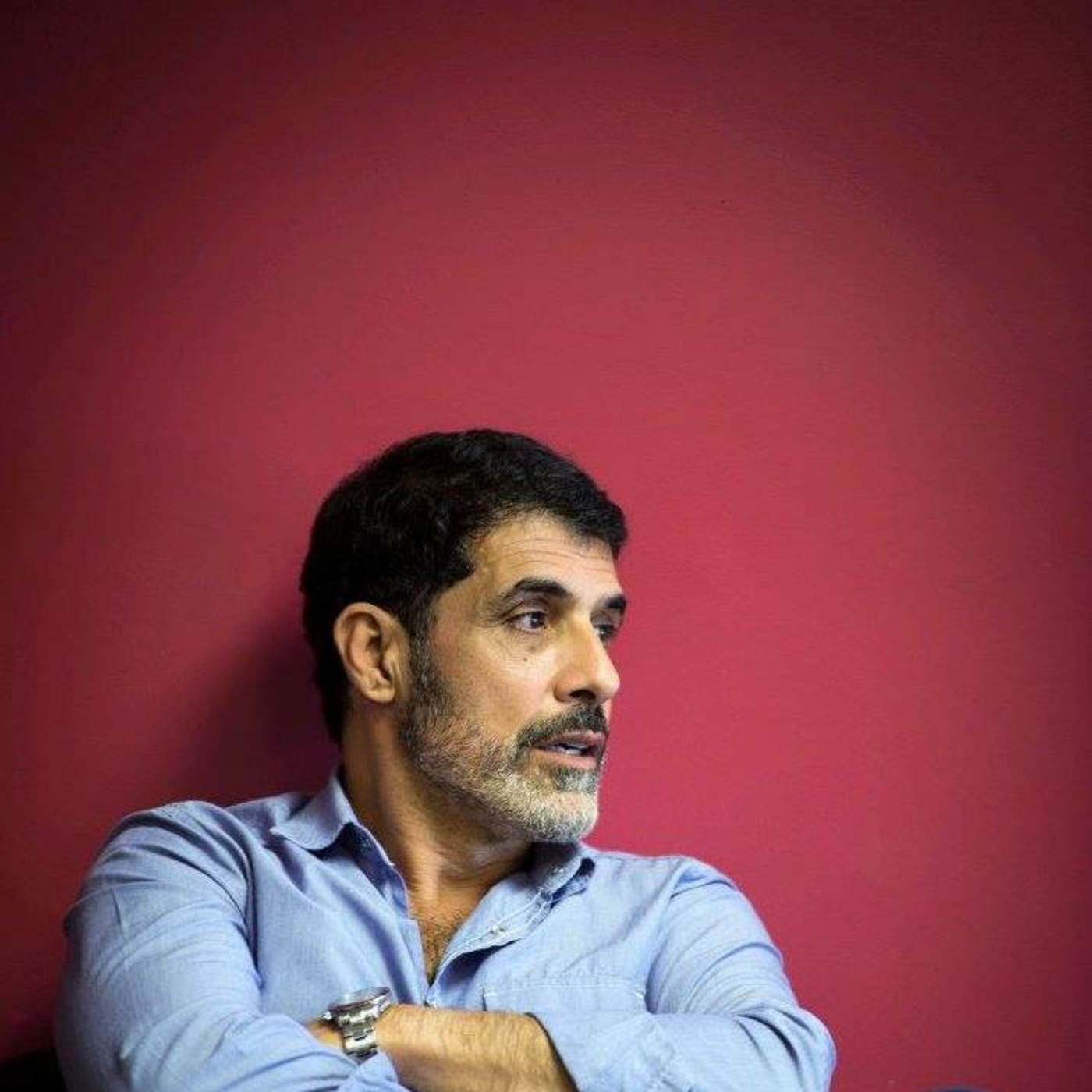
The Real Life Actor
Jeff Seymour
Audrey Helps Actors Podcast
Audrey Moore
Tipsy Casting
Jessica Sherman and Jenn Presser
Castability: The Podcast
The Castability App
Wendy Alane Wright's Secrets of a Hollywood Talent Manager Podcast
Wendy Alane Wright
Think Bigger Actors Podcast
DaJuan Johnson
ACTORS! YOU ARE ENOUGH!!
Amy Lyndon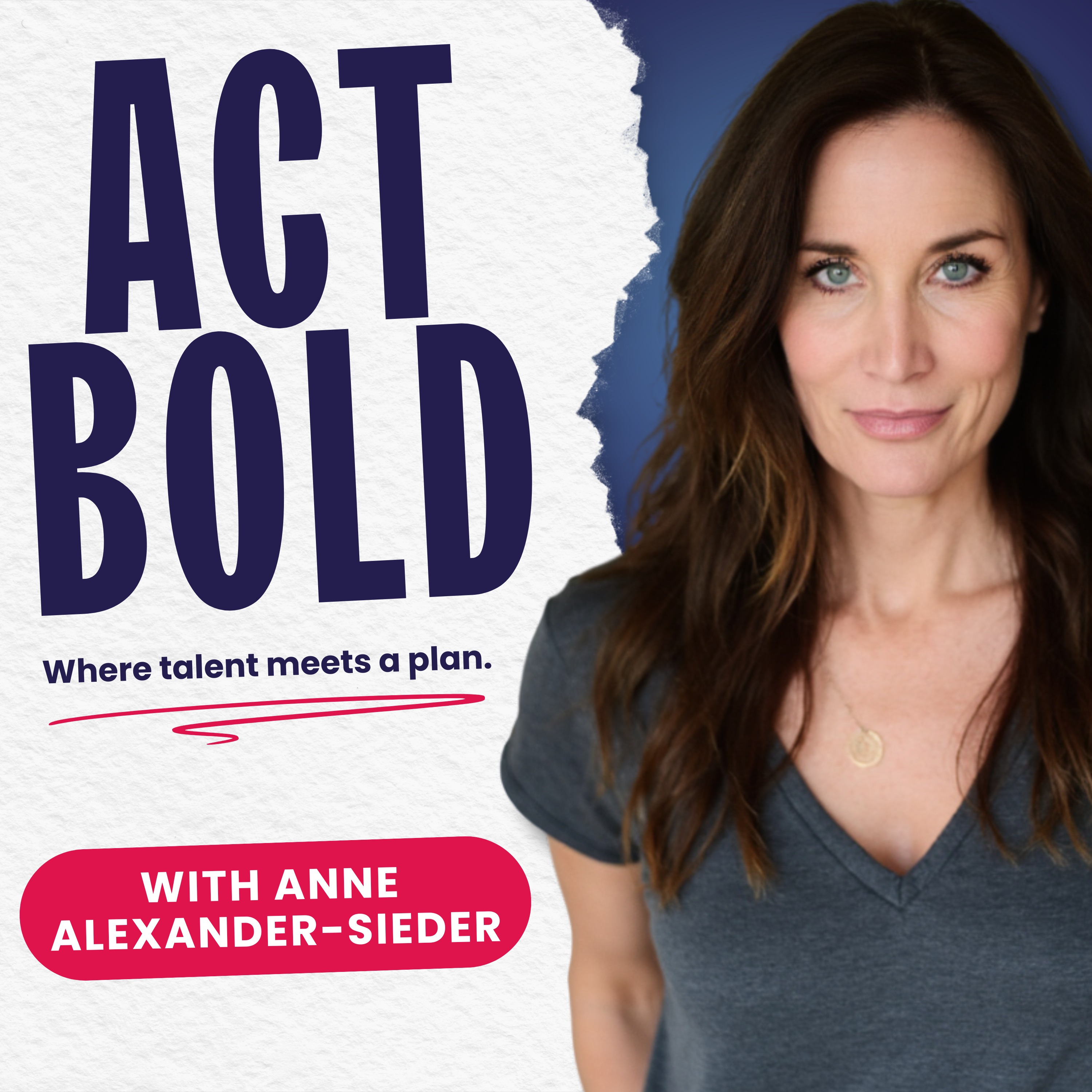
Act Bold - Where Talent Meets A Plan
Act Bold with Anne Alexander-Sieder
An Actor Survives
Emily McKnight
Podnews Weekly Review
James Cridland and Sam Sethi
Buzzcast
Buzzsprout
Box Angeles (for Actors)
Mike 'Box' Elder
Brian Breaks Character
Brian Patacca
Celebrity Catch Up: Life After That Thing I Did
Genevieve HassanCinema Australia
Cinema Australia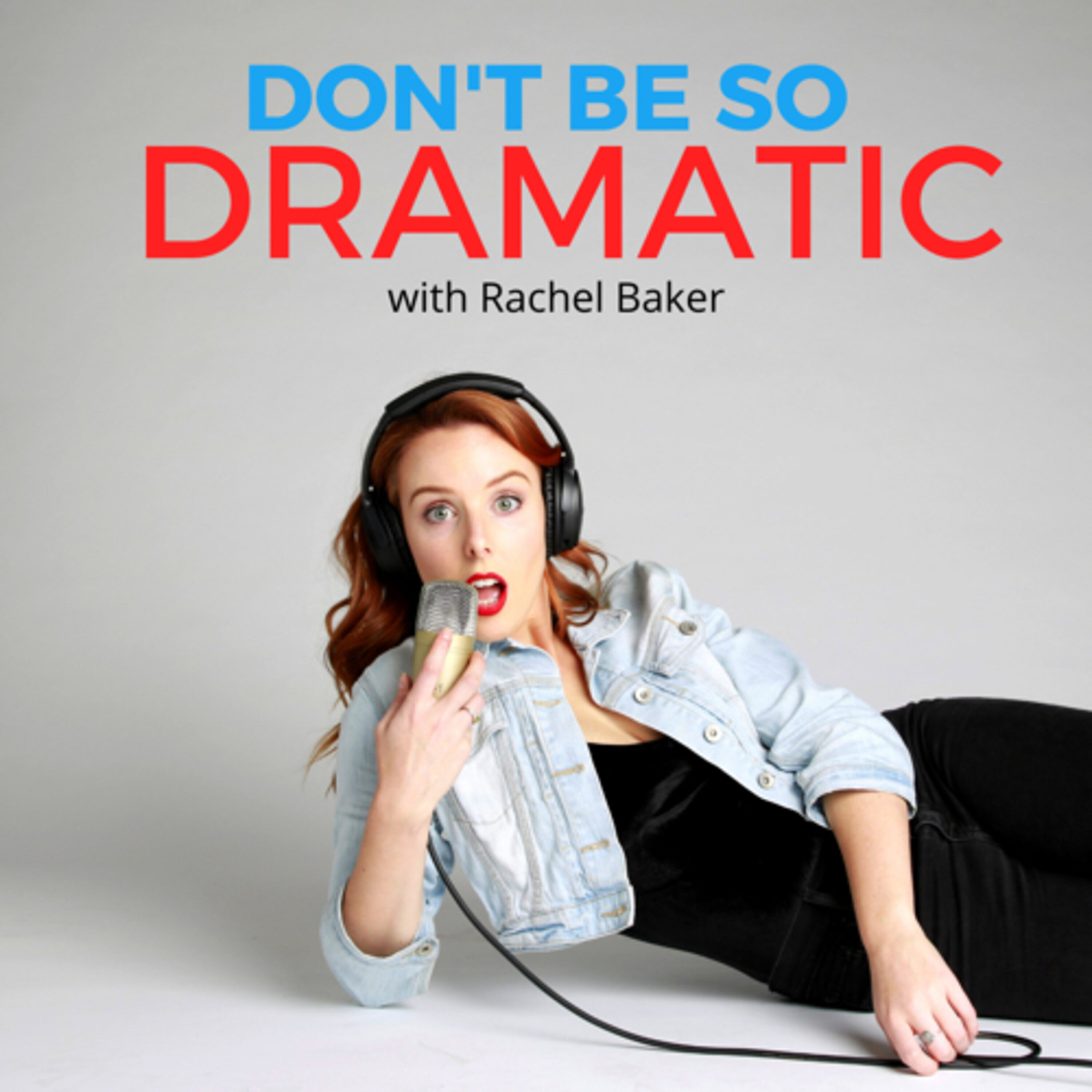
Don't Be So Dramatic
Rachel BakerEquity Foundation Podcast
Equity Foundation PodcastIn The Moment: Acting, Art and Life
Anthony MeindlIn the Envelope: The Actor’s Podcast
Backstage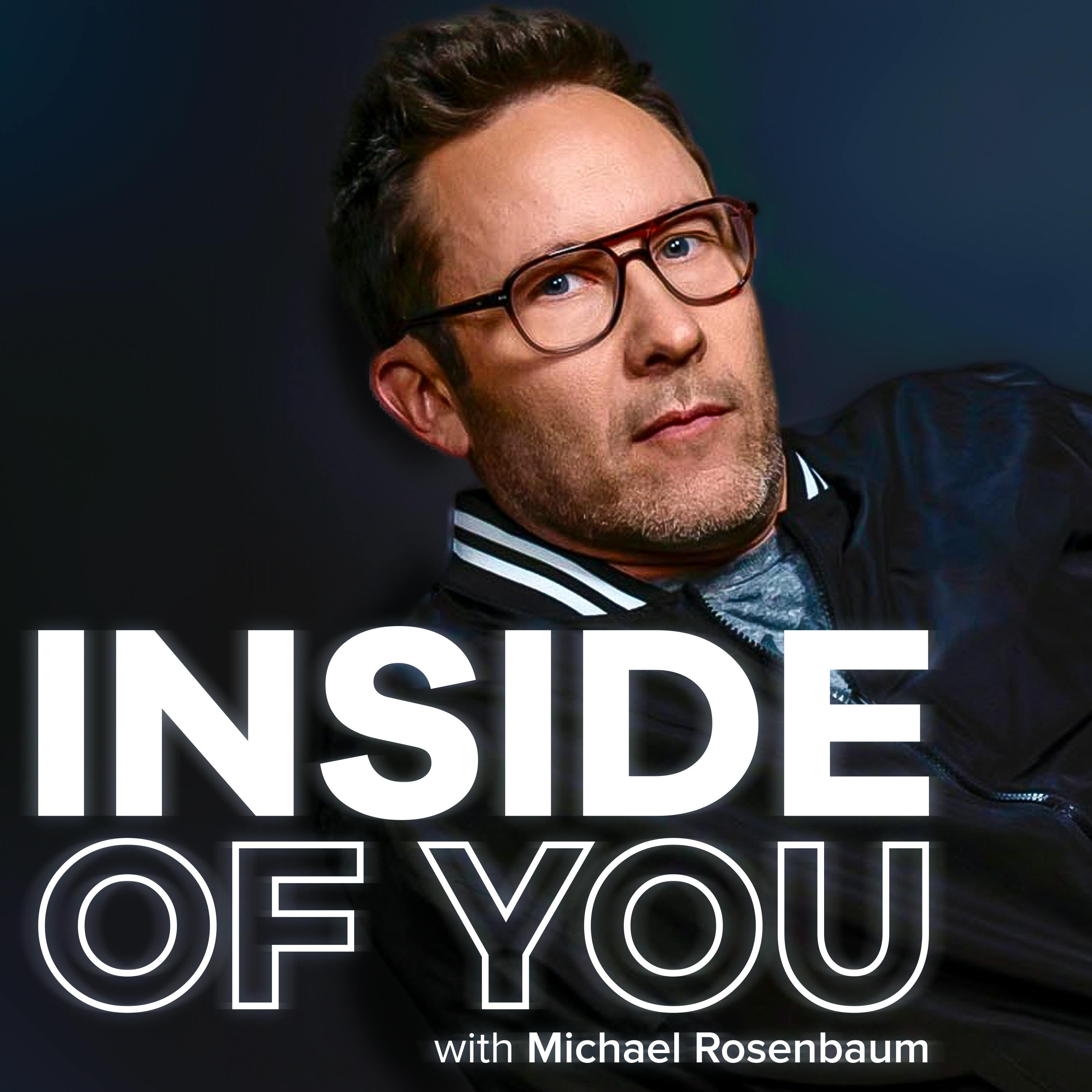
Inside of You with Michael Rosenbaum
Cumulus Podcast Network
Inspired by Nick Jones
Nick Jones
Killer Casting
Lisa Zambetti, Dean Laffan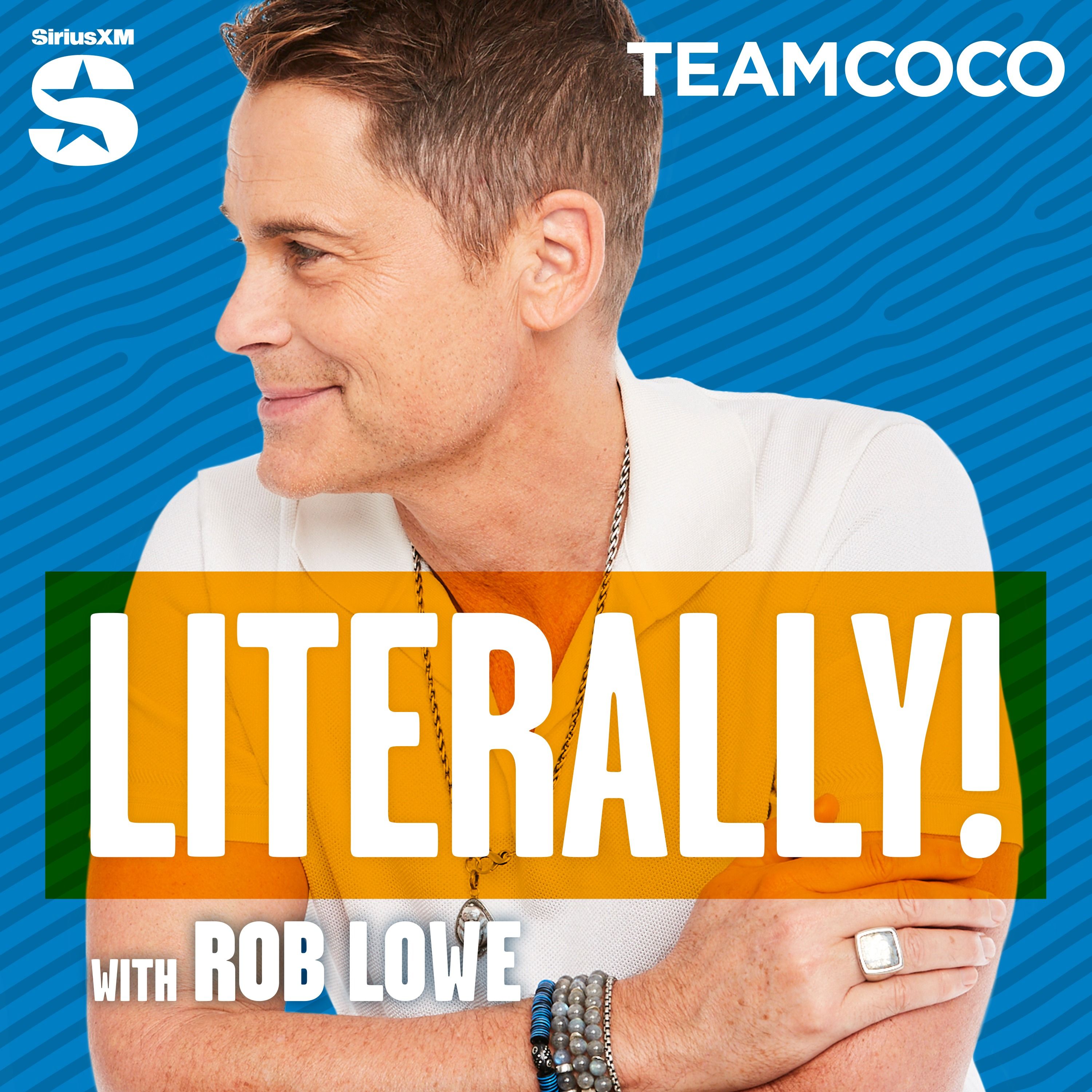
Literally! With Rob Lowe
Stitcher & Team Coco, Rob Lowe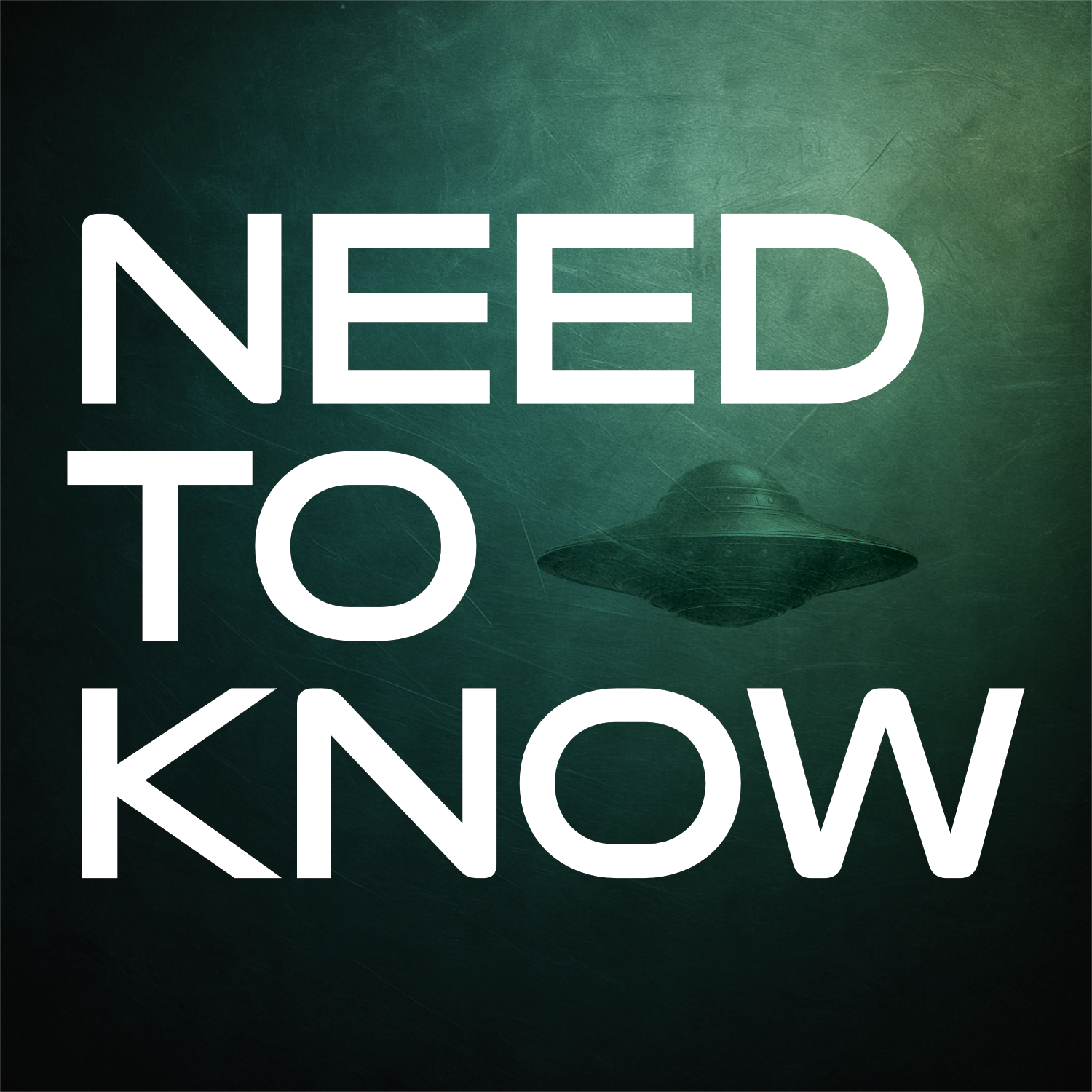
Need To Know
Bryce Zabel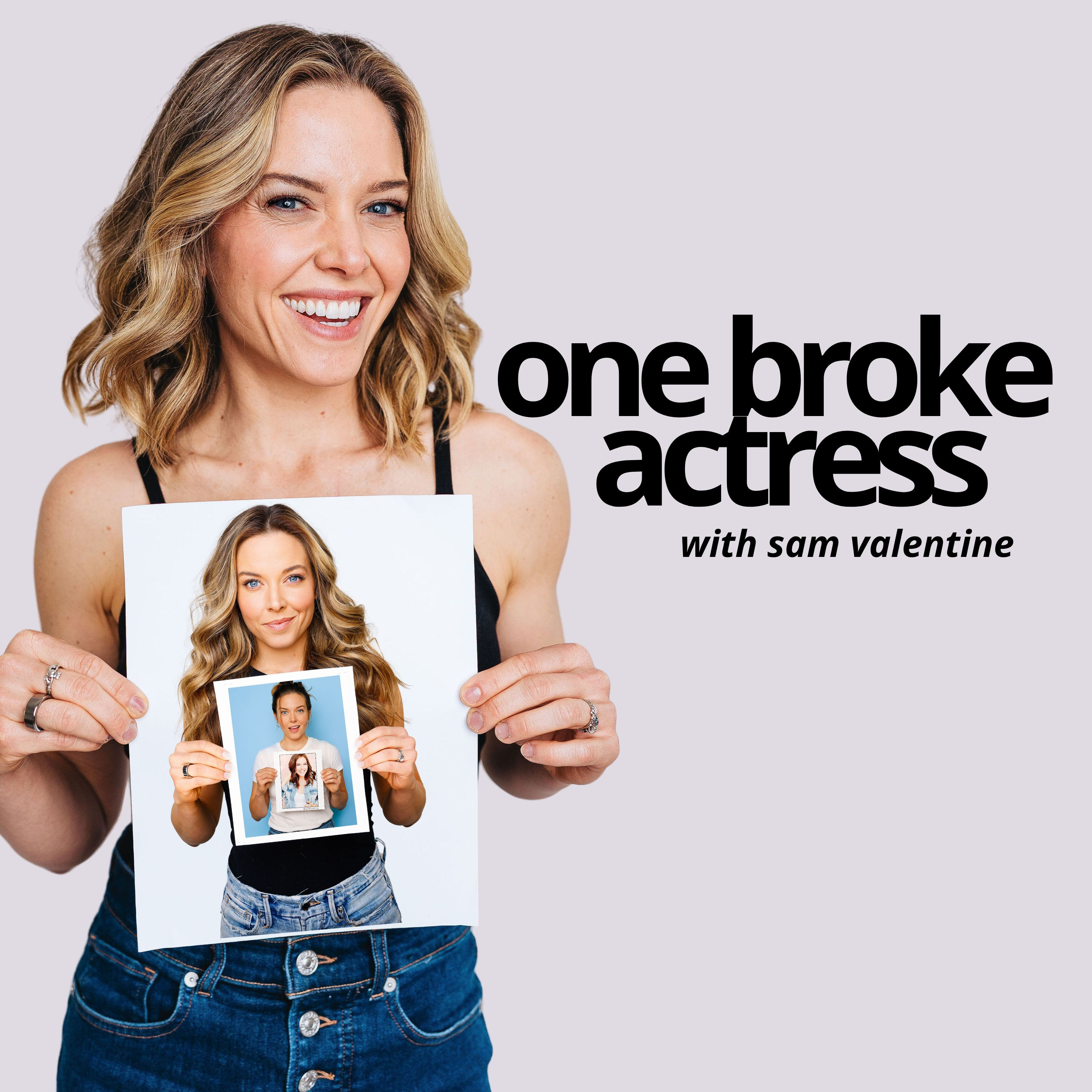
One Broke Actress
Sam Valentine
REAL ONES with Jon Bernthal
Jon Bernthal
SAG-AFTRA
SAG-AFTRA
SAG-AFTRA Foundation Conversations
SAG-AFTRA Foundation
Second Act Actors
Janet McMordie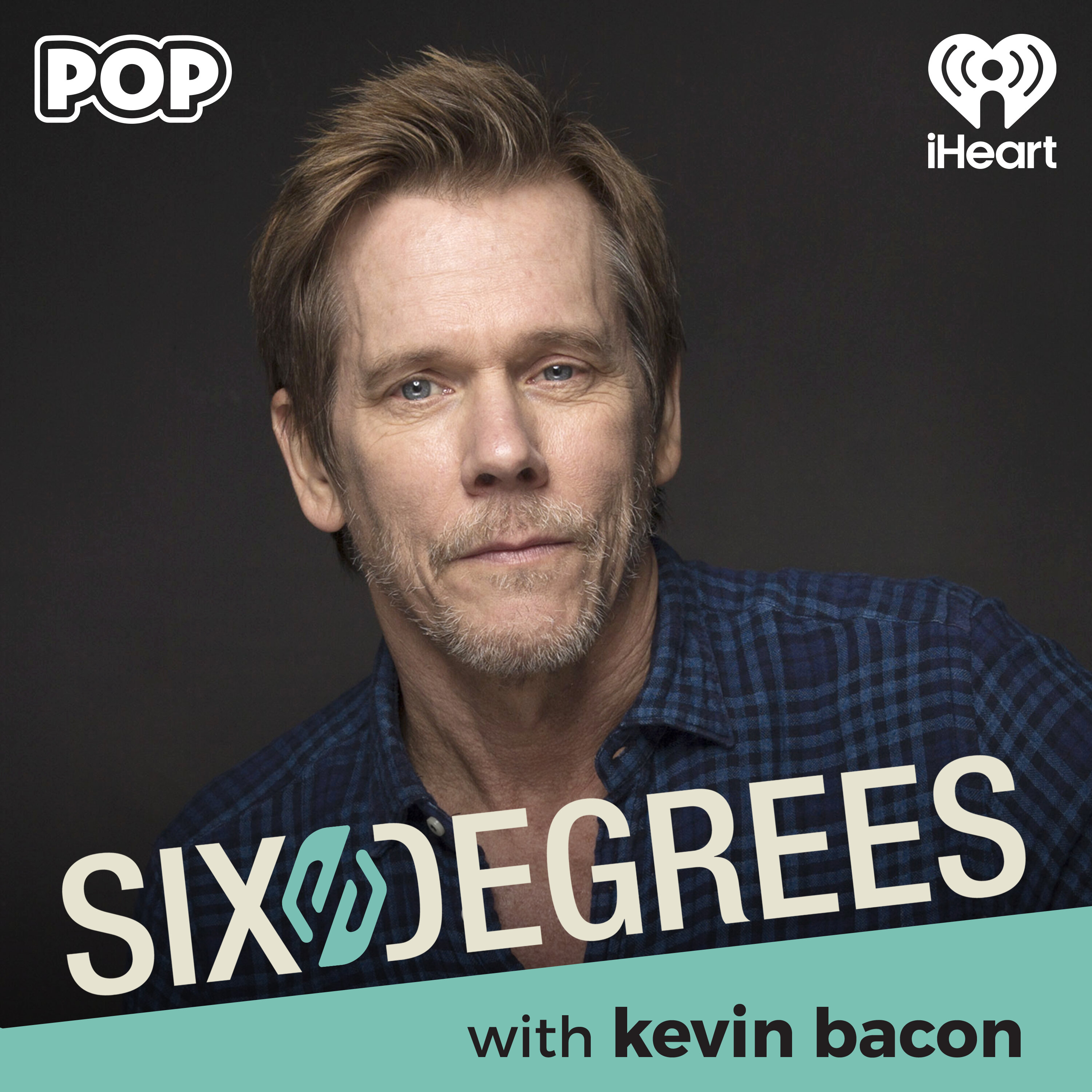
Six Degrees with Kevin Bacon
iHeartPodcasts and Warner Bros
SmartLess
Jason Bateman, Sean Hayes, Will Arnett
That One Audition with Alyshia Ochse
Alyshia Ochse
The 98%
Alexa Morden
The Acting Podcast from The BGB Studio
Risa Bramon Garcia and Steve Braun